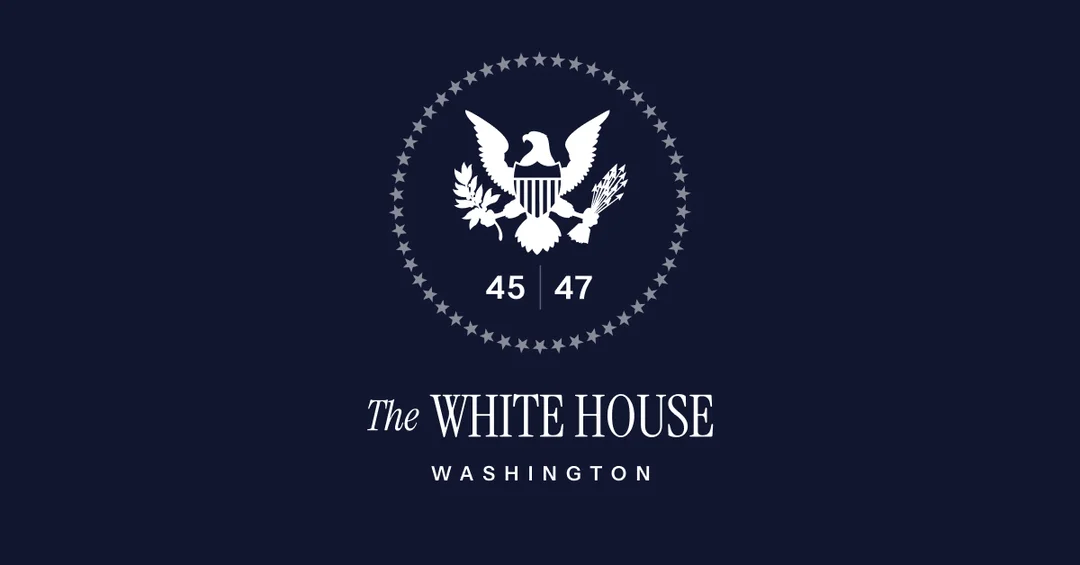
Trump Voices Opposition as Biden Orders National Security Review of U.S. Steel’s Proposed Sale to Japan
The future of iconic United States Steel Corporation (U.S. Steel) has taken center stage in a high-profile debate over American industry and national security, as former President Donald Trump and current President Joe Biden weigh in with sharply contrasting approaches to a proposed acquisition by Japan’s Nippon Steel Corporation.
On January 3, 2025, President Biden issued a critical order blocking the acquisition of U.S. Steel by Nippon Steel and its U.S. affiliates, citing unresolved national security concerns. Biden’s memorandum, addressed to top officials such as the Secretaries of Treasury and Homeland Security, the U.S. Trade Representative, and the Director of National Intelligence, underscored the gravity of foreign investment in one of America’s oldest and most strategically significant manufacturers. The President also called for a fresh, confidential review by the Committee on Foreign Investment in the United States (CFIUS), tasked with thoroughly examining whether the transaction threatened the country’s interests.
The issue exploded further when former President Trump, reversing his own prior suggestion to revisit the deal, announced his staunch opposition to any agreement turning U.S. Steel over to Japanese ownership. This about-face amplified the already heated debate on whether U.S. industrial icons should remain domestically controlled, especially when their products are critical to defense and infrastructure.
Under Biden’s directive, CFIUS is expected to spend 45 days conducting an independent analysis, assessing national security risks and evaluating any proposed measures by the involved parties to mitigate these risks. According to the memorandum, the process will be highly confidential, and every relevant federal agency will have input into the recommendation sent to the President. The urgency and detail of this review highlight the administration’s prioritization of economic sovereignty and security over international investment, aligning with growing bipartisan skepticism in Washington about the foreign purchase of key domestic assets.
The United States Steel Corporation, with a legacy tied to the nation’s industrial and military history, is more than a business—it is a potent symbol of American manufacturing might. The ongoing scrutiny arrives at a time of intense global competition and U.S.-China economic rivalry, and after years in which foreign mergers and acquisitions have reshaped the country’s corporate landscape. The involvement of both major political parties signals that the debate over foreign investment in American icons is far from partisan—it’s a matter viewed as fundamental to the national interest.
As industry experts and policymakers wait for CFIUS’s findings, public attention is fixed on the twin questions: Can national security and economic competitiveness coexist with open investment, and what precedent will this high-stakes review set for the future? The battle over who will control U.S. Steel may ultimately define how the U.S. balances openness with protection in a turbulent global economy.
What are your thoughts on the ownership of America’s industrial heritage? Join the conversation below and share your perspective on this unfolding national issue.